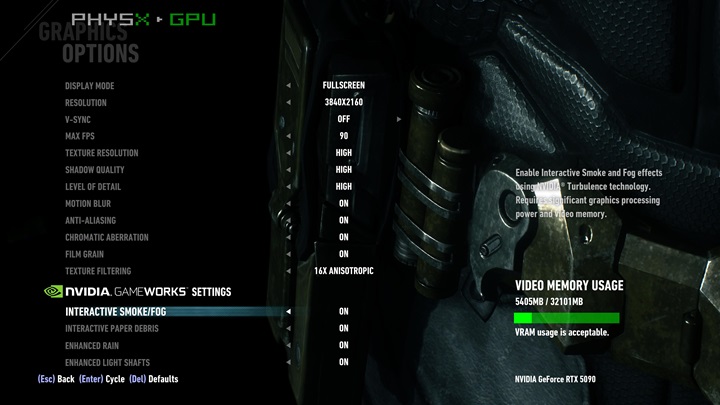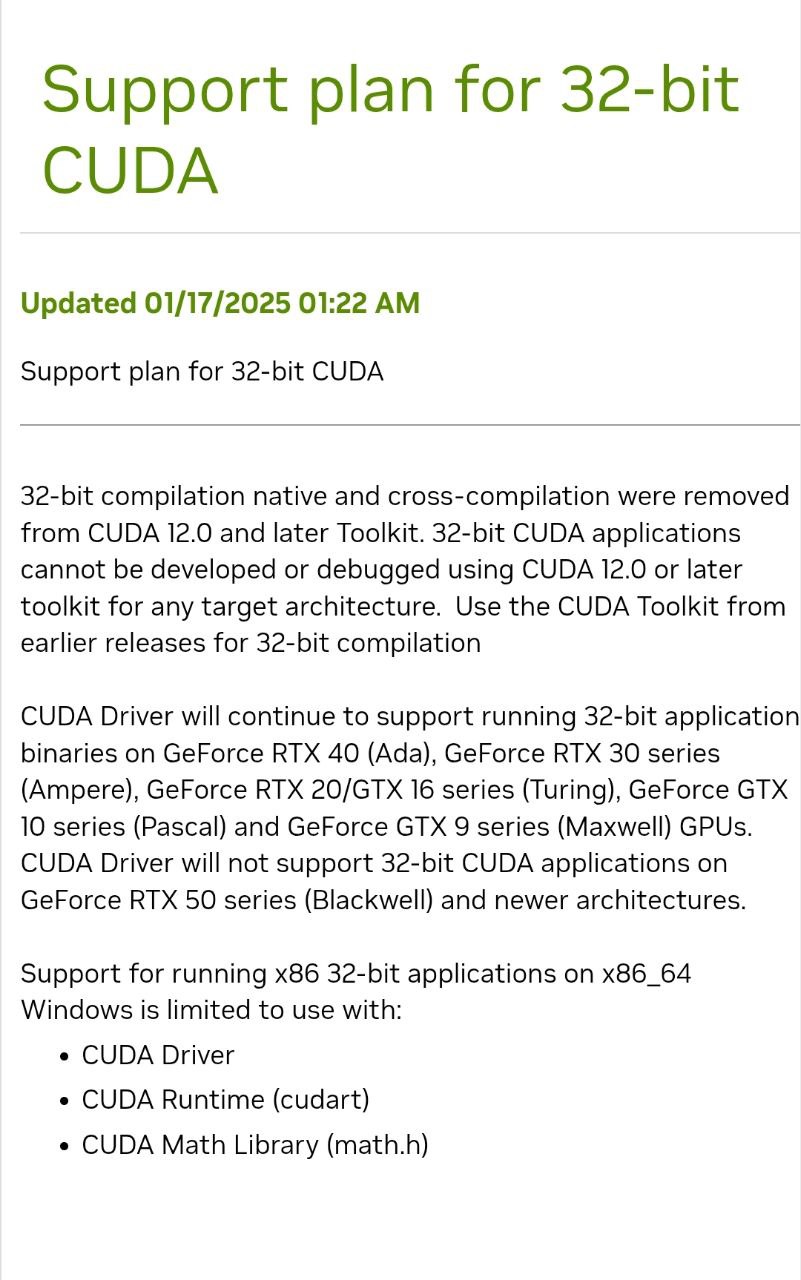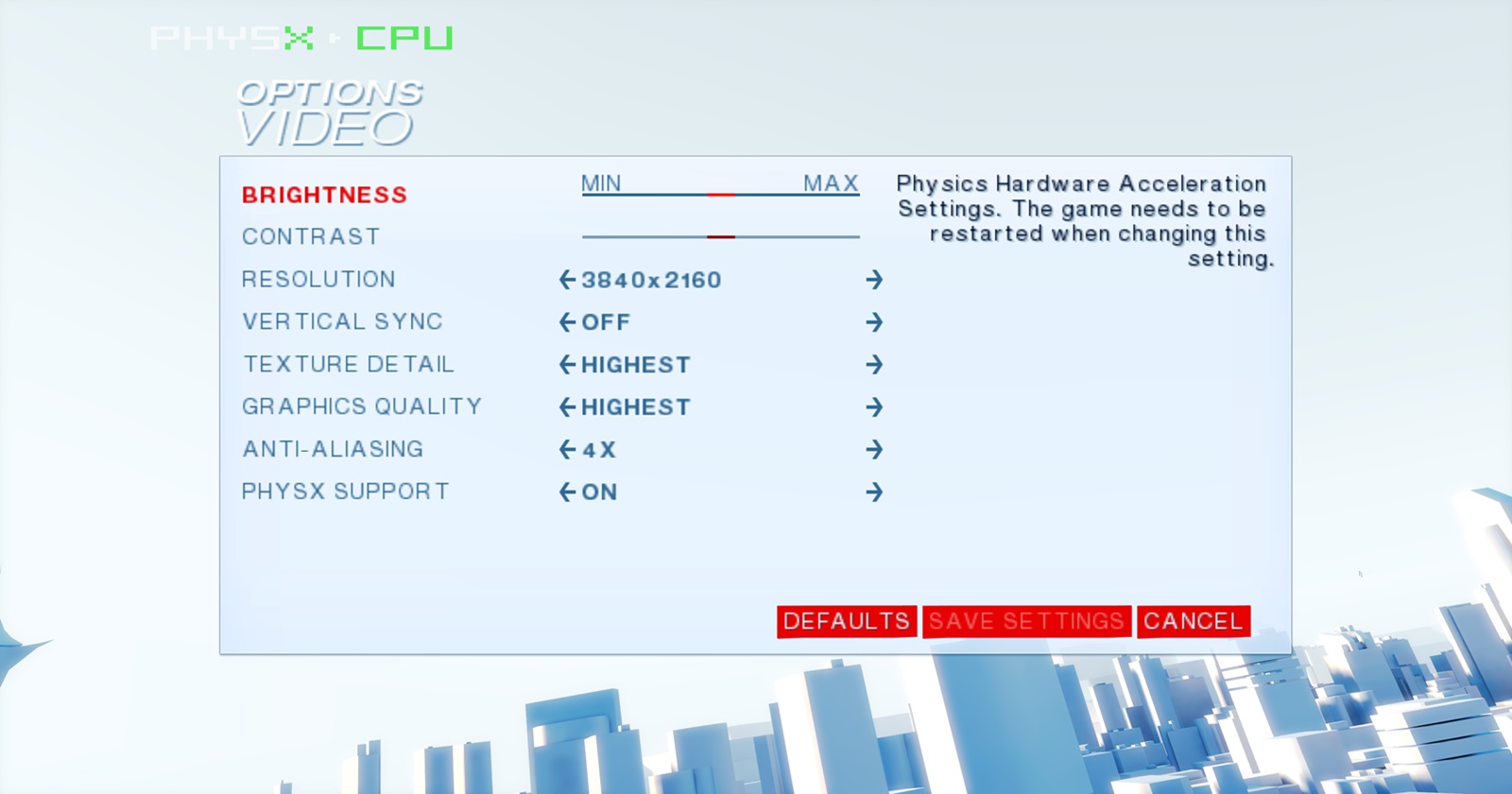If you’ve recently upgraded to the new NVIDIA GeForce RTX 50 series GPU and noticed that your favorite PhysX-powered games aren’t quite behaving as expected, you’re not alone. The truth? It’s not a bug, it’s a feature — or rather, the lack of one. The RTX 50 series, built on NVIDIA’s fresh Blackwell architecture, no longer supports 32-bit CUDA applications — and that includes a chunk of legacy PhysX titles.
The decision stems from a move to streamline development and focus on more modern software. Since the release of CUDA 12.0, NVIDIA has dropped support for 32-bit compilation, meaning that any applications relying on 32-bit CUDA code (like many older PhysX games) simply won’t run on these new GPUs. In essence, NVIDIA is paving the way for enhanced performance with 64-bit applications.

For those just finding out, this isn’t a sudden, mysterious glitch — it’s a deliberate shift confirmed by NVIDIA. The change was outlined on their support page on January 17, 2025, and is part of the broader deprecation plan that has quietly rolled out with the RTX 50 series. So if you’re experiencing this “missing” PhysX support on your shiny new card, rest assured it’s not a driver error or hardware fault.

And for gamers who love the visual flair that PhysX brings, this means that titles using the 64-bit version will continue to shine, while older 32-bit PhysX titles might now default to CPU processing or lose some of their special effects. If you’re still passionate about those legacy games, consider running them on a previous-generation GPU where 32-bit CUDA is still alive and kicking.
While it might feel like a bit of a bummer to see a beloved technology fade away, this change is a natural step in the evolution of GPU tech. NVIDIA is pushing forward with modern tools that promise greater efficiency and performance for the future of gaming.
TechIssuesToday primarily focuses on publishing 'breaking' or 'exclusive' tech news. This means, we are usually the first news website on the whole Internet to highlight the topics we cover daily. So far, our stories have been picked up by many mainstream technology publications like The Verge, Macrumors, Forbes, etc. To know more, head here.


